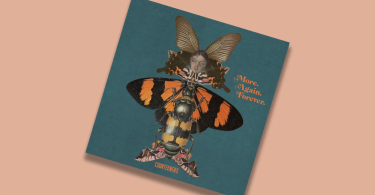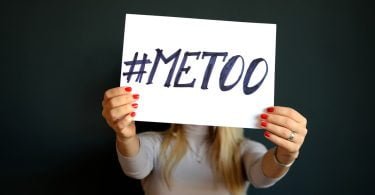Music awards are becoming ever popular throughout the industry, recognising individuals and organisations across the spectrum of different genres and categories.
Music awards are becoming ever popular throughout the industry, recognising individuals and organisations across the spectrum of different genres and categories. One of the latest awards to be announced is the new Women in Music Awards, recognising the 30 most influential women in the UK music business.
Music Week, alongside UK Music, The Association of Independent Music (AIM) and Nordoff Robbins, created the Women in Music Awards which will be held later this year at the Royal Garden Hotel in Kensington, on Friday November 14th.
The awards are focusing on female executives from different aspects of the industry, with five special categories for individuals—Outstanding Achievement, Media Pioneer, Creative Inspiration, Rising Star and Campaigner.
As you can see, these awards aren’t focusing on artists themselves, by rather the executives behind the music business, such as managers and record labels. The only award open to artists is the Creative Inspiration category.
Nominations are open to the public, who can send in their recommendations for a colleague or even themselves. The list of the 30 most influential women, and the category winners, will be decided by a panel from some of the industry’s leading companies, the UK Music board and the Music Week team.
An industry plagued by inequality
While it may seem admirable to be congratulating women for their success, there has been some backlash against the award. To many, it is seen a step backwards in gender equality. It’s a brash segregation of women within the music industry, an area which is already plagued with its own struggles.
There is a devastating gender gap within the music business. Statistically, the leading executives within the industry are far more likely to be male. If you think there is a shortage of female stars taking to the stage, the results are even bleaker behind the scenes.
The PRS for Music foundation revealed that only 14 per cent of its writers and music creators are women, evidenced by the 2010 BBC Proms, where women composed only 4.1 per cent of performances. Other commercial awards, such as the prestigious Mercury Prize, often neglect women in music. In its 18 year history the Mercury Prize has only been awarded to five women.
Shouldn’t we be celebrating talent over gender?
While it could seem that offering exclusive awards to women is an opportunity for recognition, it merely highlights the lack of it elsewhere. Rather than trying to solve the problem by segregating the demographics of the industry, shouldn’t we be addressing the underlying issue?
More needs to be done to determine why there is a shortage of female executives within the music industry. We should be questioning why within other awards there is a lack of recognition for those who are reaching success.
I offer my full congratulations to every woman who is nominated for a Women in Music award, and all those making their way in the industry, but I think you deserve to be acknowledged for your talent alone, not divided by your gender.
What do you think of the Women in Music Awards? Have your say in the comments below!








